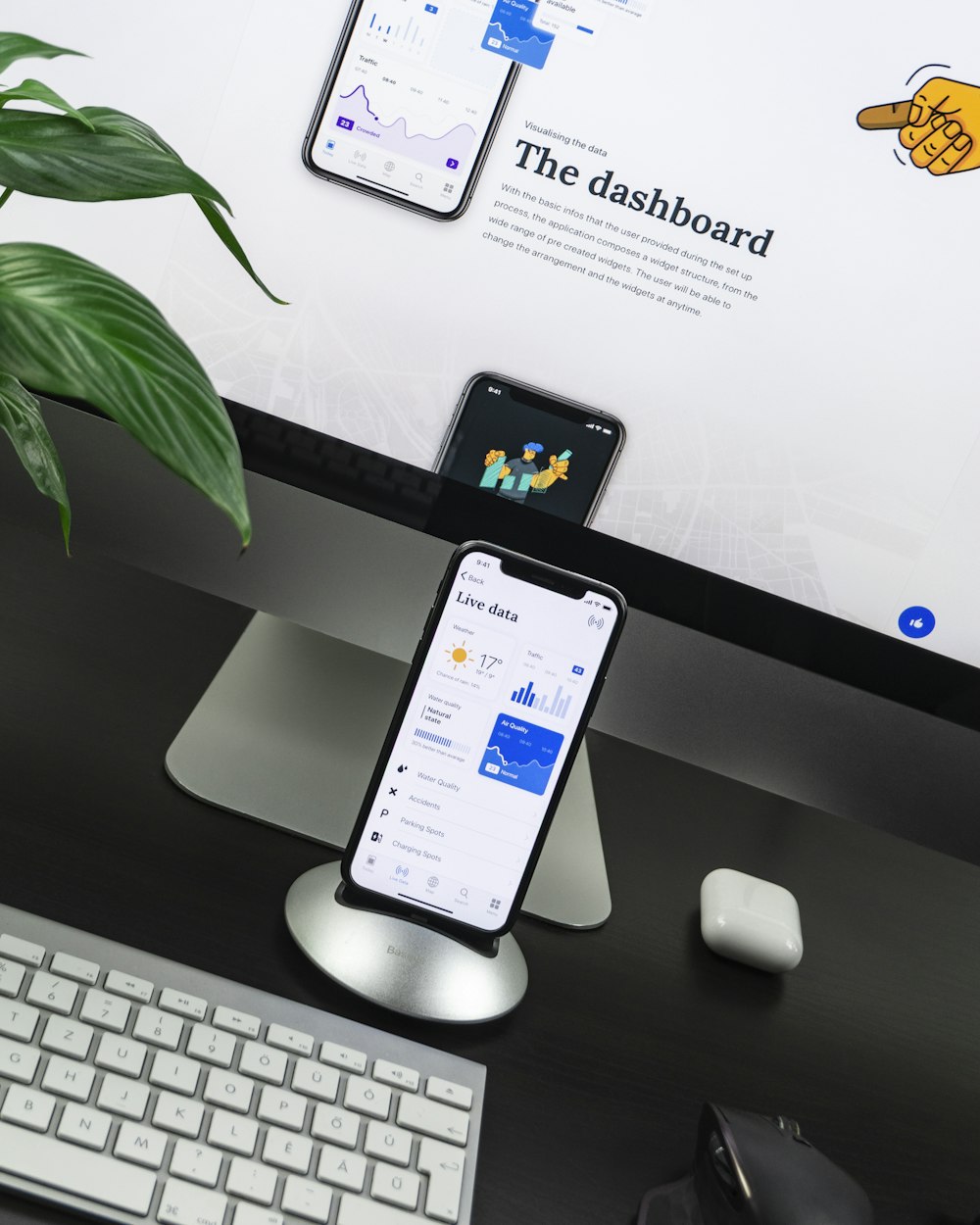We asked our students

Managing your time
One of the most important skills that you will learn during your doctoral studies is how to manage your time effectively. A large part of your research will be conducted independently and thus it is very important that you learn how to organise your time to get the most out of your work.
Below, you will find some tips on how to effectively plan and control the amount of time you spend on specific tasks. Some of the important skills that you will need to manage time effectively include:
- Goal setting
- Planning and prioritising
- Avoiding distractions
- Managing stress
Where to start?
As soon as you start your PhD, you will realise that time is a finite resource and something you should budget accordingly. Your hectic research schedule, combined with daily distractions, can easily get in the way of finishing experiments or research studies. This is why taking a moment to plan your time is the first step to effective time management. Try to look ahead and plan which tasks will require your attention and when. Here's a few tips to help you get started:
- Make sure you fully understand your PhD requirements and what your research involves.
- Identify potential distractions and obstacles to conducting your research.
- Familiarise with your research group's work ethics and ask questions when in doubt.
- Reflect on how much time to allocate to each part of your research work.
By assessing what needs to be accomplished within a given period, your tasks can be planned according to their priority level. Setting priorities for each day can help you to identify activities that are important – such as reading, conducting experimental work or keeping track of your progress – and give them precedence.
By taking the time to arrange your priorities, you will give yourself the best chance of staying on track, which in turn can help reduce stress levels - something that can make the difference between success and failure during your PhD.
Once priorities are set, it’s important that you start developing plans on how to get your tasks done. Some people are naturally well-organised, and others need some help. Strategies like maintaining an up-to-date calendar and keeping a tidy study environment help. One way of effectively planning your work is to make a list of everything you want to accomplish within a given timeframe, so that you can make notes below each subheading as you go.
It’s also important to remember that, especially at the beginning, things may often take longer than expected. For this reason, it is always best to allow a little extra time in case you spend longer on a task than you thought you would.
Effective time management will allow you to complete more in less time. However, it is easy to fall prey of distractions that can get in the way of your work (spending time on social media, for instance).
One way to avoid distractions is to think about the different places you have been when studying. Some people report increased productivity when working in certain places (these can be your office, your lab or your college library). If this applies to you, make sure to spend more time in one of those places when you're trying to finish your daily tasks.
If social media are your main source of distractions, it may be a good idea to put away unnecessary devices such as mobile phones, and switch off social media notifications. Distractions can also come from internal feelings such as hunger or tiredness, so ensure they’re getting adequate sleep and have snacks and water on hand.
Create a life schedule

There are many time management apps that can help you with this. Generally speaking, time management apps vary, with many free and low-cost options available on the market. However they all offer a range of benefits that can be summarised as follows:
- Activity tracker: allows you to see how much time you spend on each activity during your day
- Create your own activity dashboard: associate tasks with sub-tasks and set priorities
- Distractions management: some apps allow you to develop a blacklist of websites that you want to avoid
Image credits
Image credits
CC0 by Balázs Kétyi via Pexels